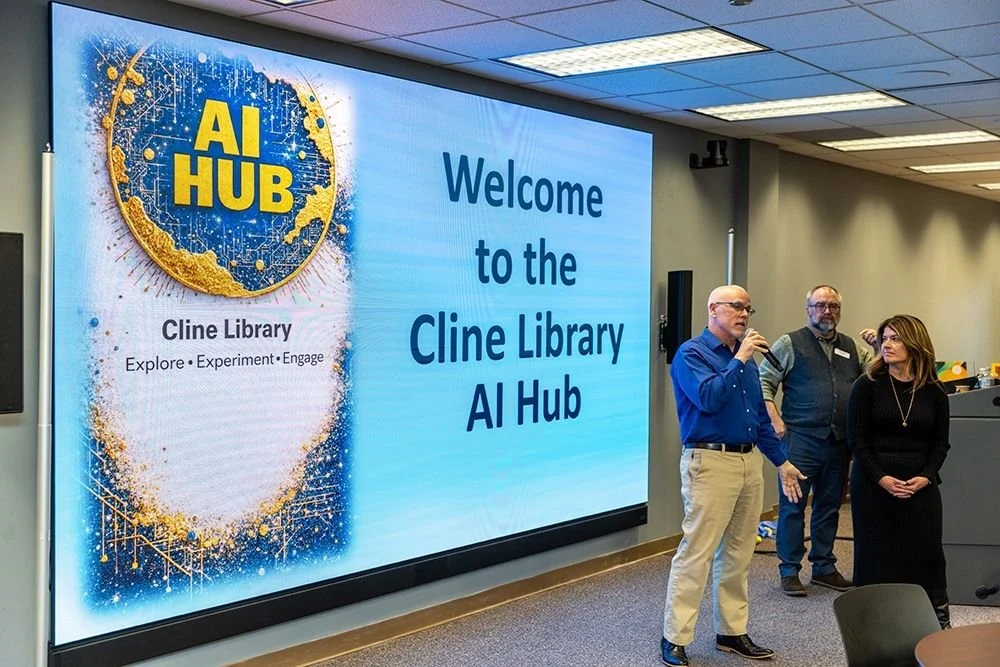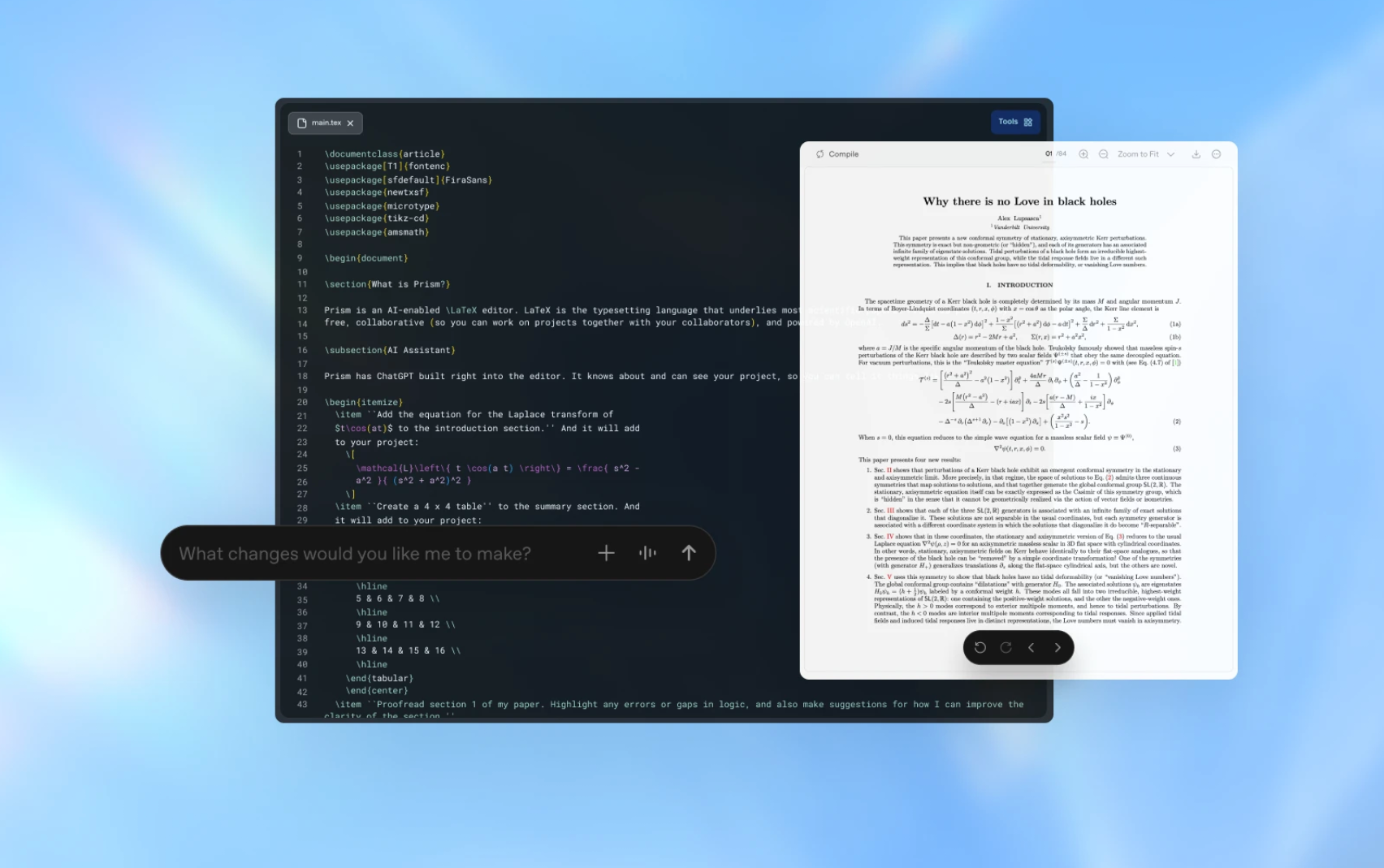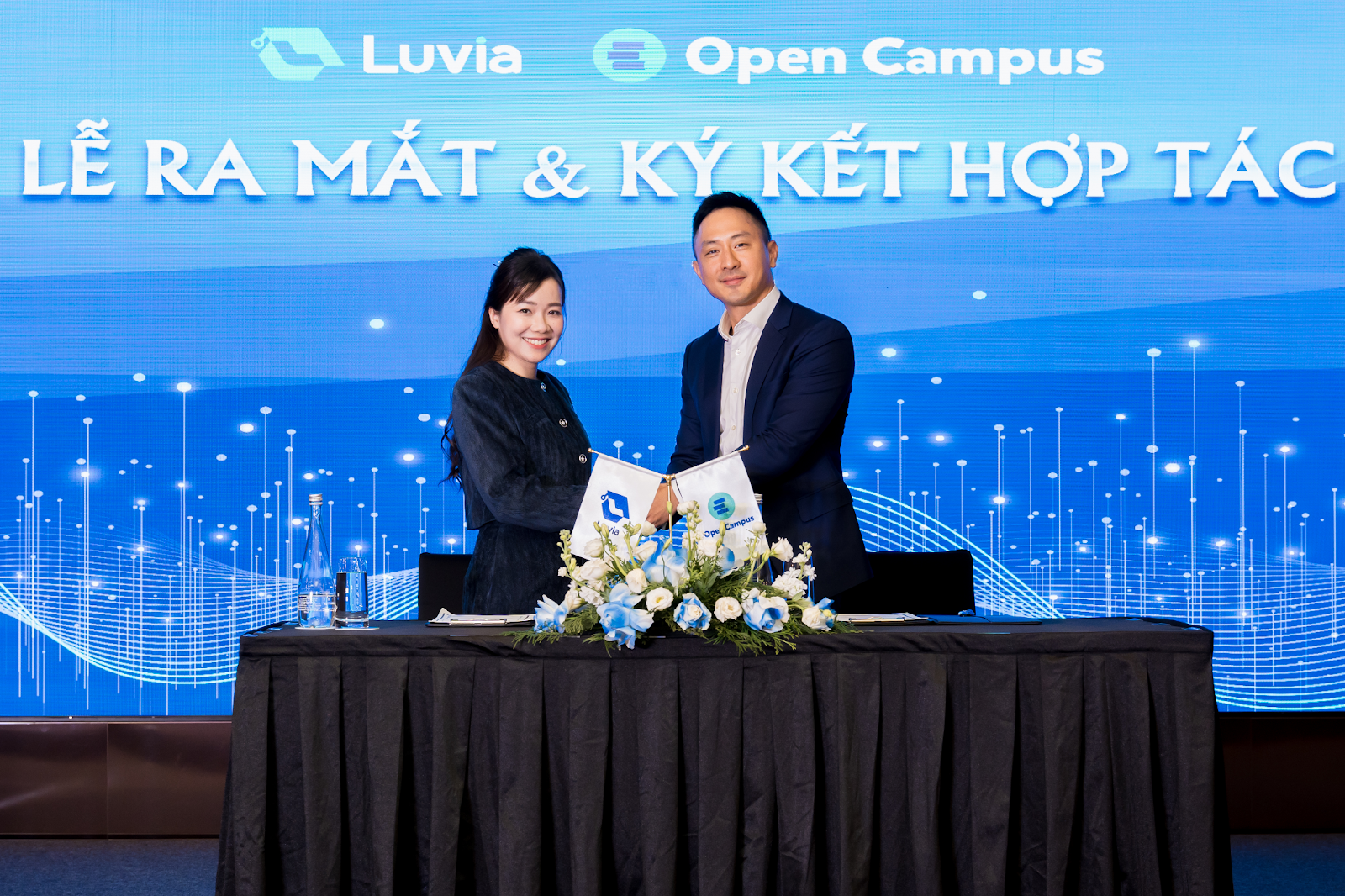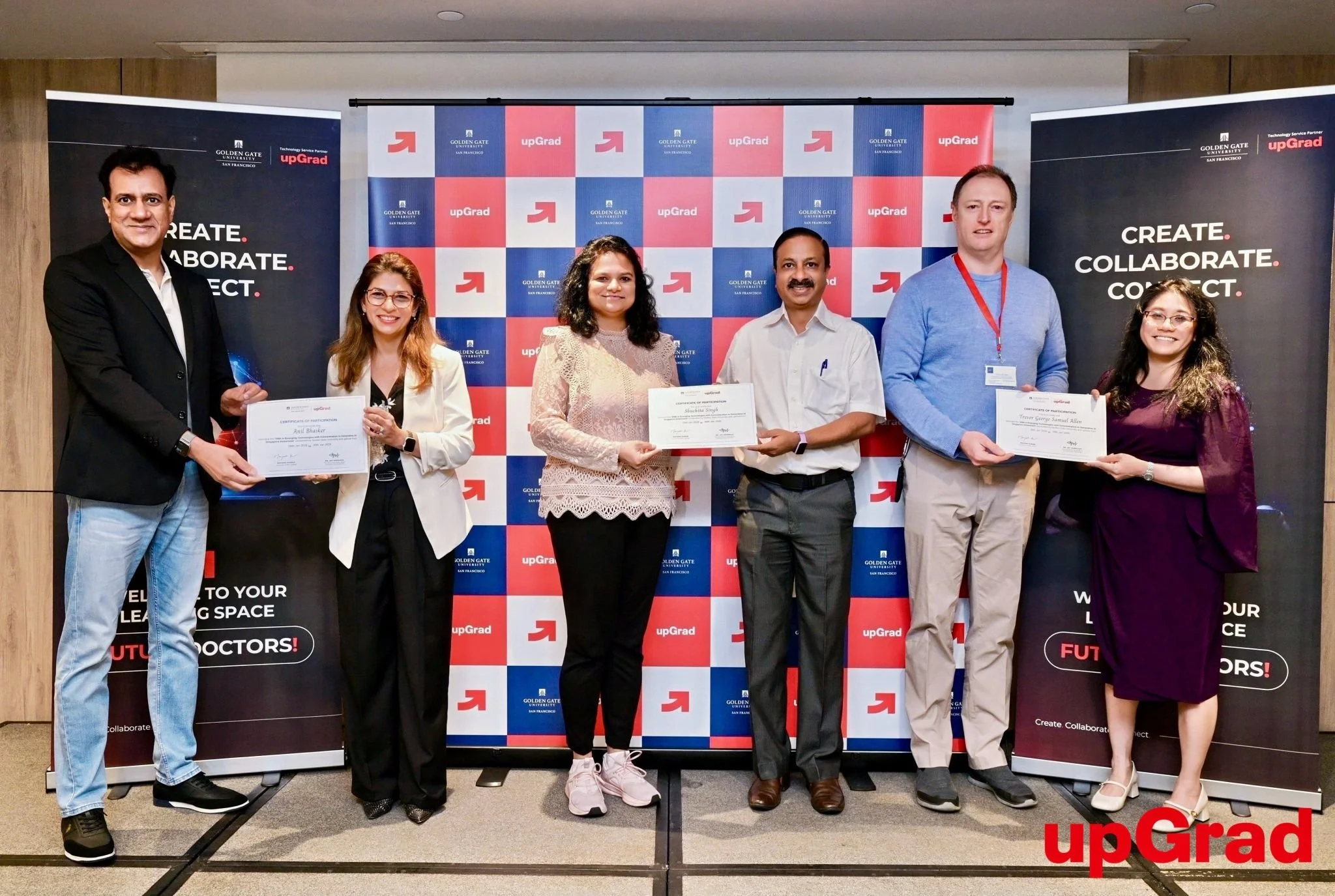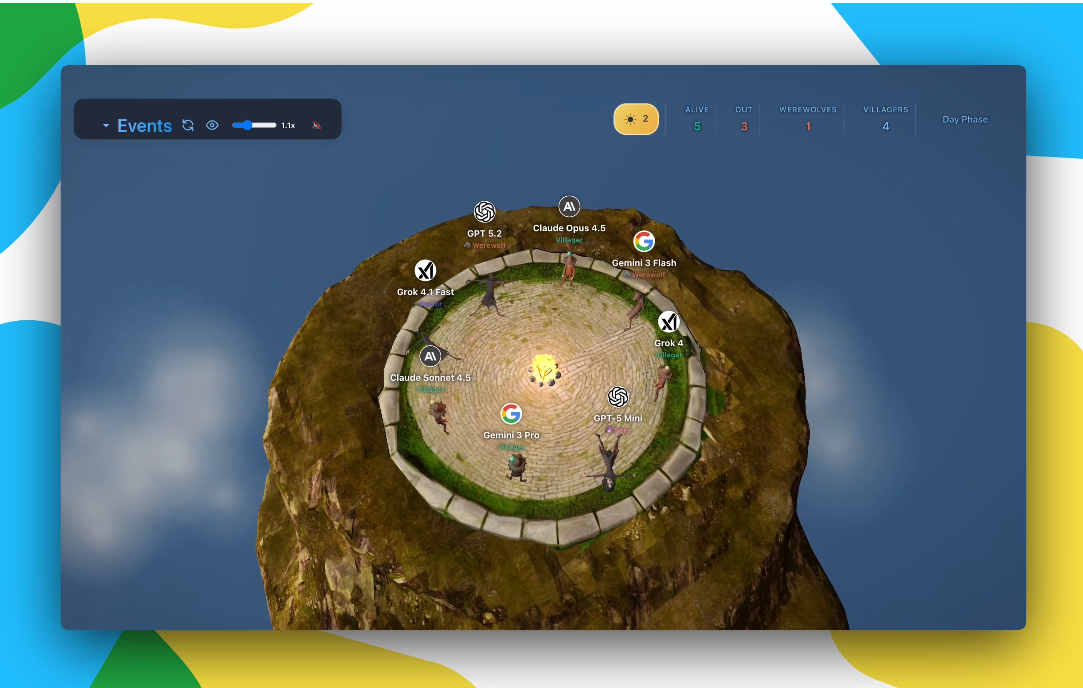McGraw Hill launches Emerge!, a K–5 literacy curriculum based on company’s Science of Literacy framework
Set to pilot in the 2025–26 school year, the new English Language Arts program focuses on data-informed instruction and foundational skills.
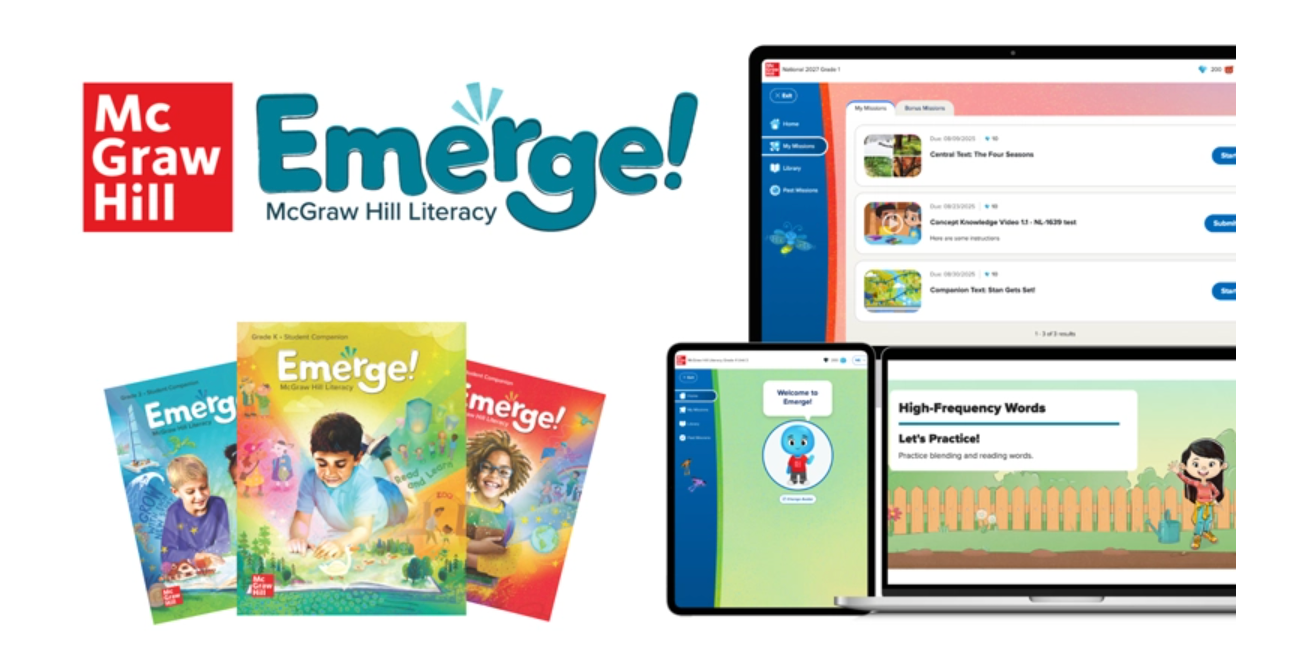
Photo credit: McGraw Hill
McGraw Hill has introduced a new K–5 English Language Arts curriculum designed to align with what the company describes as the “Science of Literacy.” The program, called Emerge!, combines small-group instruction, curated text sets, and real-time classroom data to personalize the learning experience.
Emerge! was developed in collaboration with 16 literacy experts and informed by input from more than 6,400 teachers, students, and administrators. According to McGraw Hill, the curriculum aims to reflect both the complexity of modern classrooms and the growing evidence base for structured reading instruction.
Emerge! will be available for pilot use in the 2025–26 school year, with full implementation beginning in 2026–27.
Company expands reading research into broader framework
While the “Science of Reading” has gained national attention in recent years, particularly around phonics and decoding, McGraw Hill says its “Science of Literacy” approach is broader. The company defines it as including the Science of Reading, the Science of Writing, and knowledge building. According to McGraw Hill, this combined framework reflects the interrelated nature of reading, writing, and comprehension development.
The company says Emerge! was created to reflect this view, with features like small-group instruction tailored to student needs, as well as routines for foundational skills such as phonemic awareness and fluency.
Professional learning and content structure
Emerge! includes a professional learning component for educators, with support designed for both new and experienced teachers. Lesson planning is guided by data collected from assessments, classroom observations, and student interactions. Instruction is delivered through three targeted formats: Study Group for scaffolded grade-level support, Independent Practice for self-directed learning, and Focus Group for instruction outside the standard scope and sequence.
The curriculum also includes curated text sets spanning literature, science, and social studies. These texts are selected to build comprehension and provide multiple perspectives, with the goal of connecting classroom reading to the wider world.
Katie Pace Miles, PhD, one of the program’s authors, says, “Through this curriculum, students will emerge into the world of literacy, building their foundational skills such as phonemic awareness and letter knowledge in addition to grade-level rigorous expectations around decoding, fluency, vocabulary and comprehension.”









